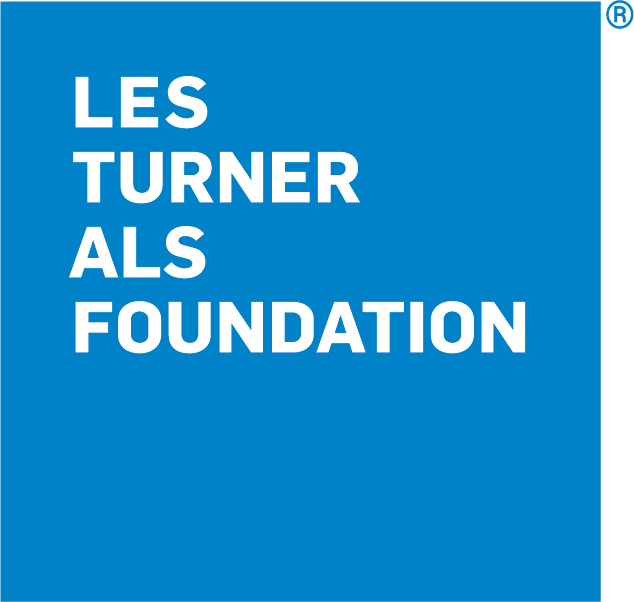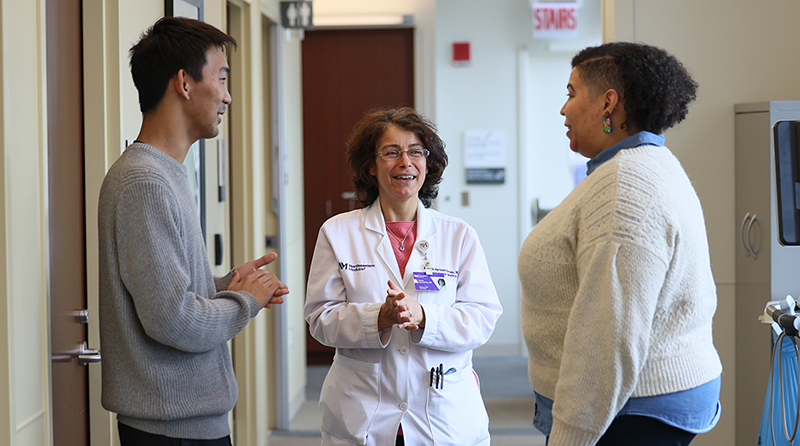UPDATE (12/14/2023): We encourage you to raise your voice in support of the ALS Better Care Act through MDA’s Action Center.
UPDATE (11/9/2023): The ALS Better Care Act has now been introduced in the U.S. Senate. We are pleased to be working with Sen. Chris Coons (D-DE) and Sen. Lisa Murkowski (R-AK) to support this important legislation.
On September 21, the bipartisan ALS Better Care Act was introduced by Rep. Jan Schakowsky, Rep. Mike Quigley, Rep. Brian Fitzpatrick, and Rep. Jason Crow in the U.S. House of Representatives.
The Les Turner ALS Foundation is proud to endorse this legislation alongside The ALS Association, I AM ALS, The ALS Hope Foundation, American Academy of Neurology, and the Muscular Dystrophy Association.
“The ALS Better Care Act will relieve stress on ALS care teams, reduce wait times, and make a tremendous difference for people living with ALS and their families, who are struggling under the burdens that come with this terrible disease,” said Laura Freveletti, Chief Executive Officer of the Les Turner ALS Foundation. “Multidisciplinary ALS care has been proven to extend the survival of people with ALS, and this vital legislation will give families the chance to focus on staying healthy and making the most of every moment together.”
The Lois Insolia ALS Clinic at the Les Turner ALS Center at Northwestern Medicine and other ALS multidisciplinary clinics bring together teams of specially trained health care professionals who work to address the many needs of people living with ALS. This includes occupational, respiratory, and physical therapists, along with mental health providers, neurologists, social workers, and nurses. These clinics help people living with ALS and their families receive comprehensive, coordinated care in a single visit. Many multidisciplinary ALS clinics are also involved in one or more categories of ALS-specific research, providing opportunities for research and clinical trial participation.
However, ALS multidisciplinary clinics do not receive adequate Medicare reimbursement for the multifaceted care they provide and often rely on charity to make up the difference. This creates challenges for facilities focusing on providing care to people living with ALS, including imposing long wait times for services and reducing innovation in the care they provide. Reimbursing these facilities for the multidisciplinary care they provide is critical to the long-term health of people with ALS.
“There is really no way neurologists can take care of an ALS patient by themselves,” said Senda Ajroud-Driss, MD, director of the Lois Insolia ALS Clinic. “People living with ALS require the expertise of so many professionals working together to address all the facets of this disease. Although ALS is incurable, every symptom could be treatable, and that’s the role of multidisciplinary ALS clinic.”
The ALS Better Care Act would ensure that groundbreaking multidisciplinary facilities like the Lois Insolia ALS Clinic continue to provide quality, interdisciplinary care for people living with ALS at no cost. The bill would:
- Create a supplemental, facility-based payment in Medicare for ALS-related services.
- Recommend a single payment amount for ALS-related services.
- Direct the National Institute of Neurological Disorders and Stroke (NINDS) to submit a report to Congress, addressing challenges in administering and staffing clinical trials and legislative recommendations.
The full text of the bill is available online. We thank Reps. Schakowsky, Quigley, Fitzpatrick, and Crow for introducing this important bill, and we urge its passage as soon as possible. As ever, people living with ALS have no time to waste.


